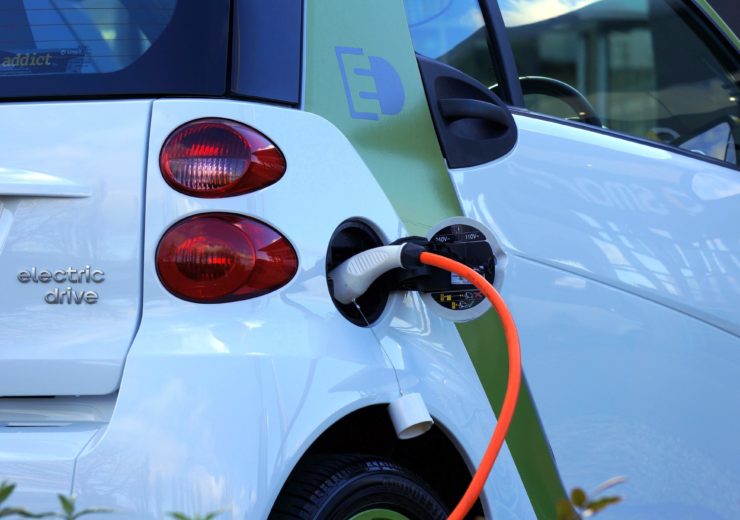Projects seeking to develop more effective electric car batteries being worked on by the likes of Aston Martin and McLaren Automotive were awarded £22m in funding this week as part of a Government initiative

Charging electric vehicles using smart methods can help to smooth peaks in energy demand
Grants totalling £22m have been awarded to 12 innovation projects across the UK this week specialising in creating safer, more efficient and extra powerful electric car batteries.
The Government’s Faraday Battery Challenge programme includes funding for projects like Southampton-based electronics manufacturer Ilika’s PowerDrive Line, which seeks to build 25 minutes-or-less battery charging systems.
Business and Energy Secretary Greg Clark said: “Innovative battery technology is changing the way we live, travel and work and the Government is committed to putting Britain at the heart of this energy revolution.
“Today’s [12 June] £22 million investment in world-leading R&D projects is an example of our modern Industrial Strategy in action and will help pioneering companies realise the economic benefits the global transition to a low carbon economy offers.”

This latest round of funding in the Faraday Battery Challenge comes as part of the Government’s Industrial Strategy Challenge Fund, which aims to strengthen UK science and business innovation.
The initiative also brings together world-leading research and business to accelerate the development process for new battery technologies.
Aston Martin’s Lagonda project to develop better performance battery packs – alongside McLaren Automotive’s consortium effort targeted at accelerating the development of electrified powertrains [the vehicle components which generate power] – were among the big-name fund recipients.
But other smaller companies and projects were also involved, including Cheshire-based ICoNiChem which is developing battery recycling capabilities.
Sir Mark Walport, CEO of the newly-founded public funding body UK Research and Innovation, said: “Effective, efficient and sustainable transport is key to addressing so many of today’s challenges from industrial growth to social inclusion.
“Through advanced battery technology, we will unlock a new generation of electric vehicles, further improving vehicle performance and uptake, opening doors to innovative new transport ideas and significantly reducing environmental impacts.
Faraday Battery Challenge Director Tony Harper said: “This latest round of cutting-edge research and development projects illustrate the quality of innovations coming from our research and industrial base, and reinforce why the UK is a world-leader in battery technology development.”


